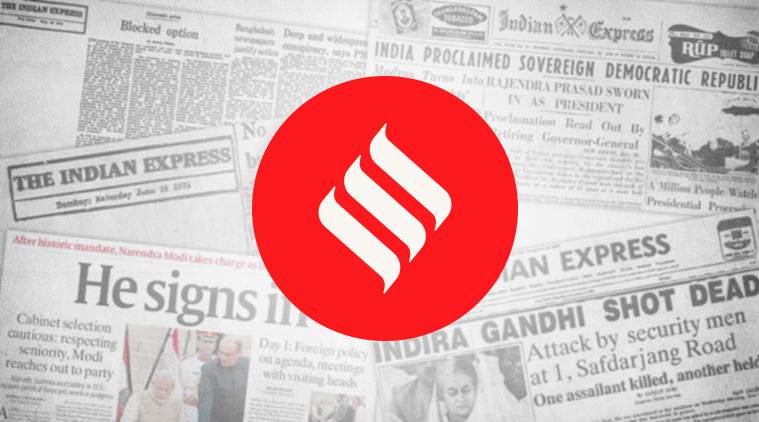
Amid the din and excitement of the campaign for the general election, is a dull echo of an institution once known for its vigour and vibrancy. The Election Commission of India, once a formidable force during elections as poll monitor, is now being heard less and less, or only for its feeble interventions. The election process has only just begun but there is already a long list of interventions by the players that have seemed to challenge, if not outrightly flout, the Model Code of Conduct, and get away with it. UP Chief Minister Yogi Adityanath called the Indian army “Modi ji ki sena (Modi’s army)”, and despite the EC’s direction to parties, post-Pulwama, to desist from political propaganda involving the armed forces, earned only a tepid warning. The undeterred UP CM went on to call the IUML in Kerala a “virus”, blame it for Partition, and suggest there was something sinister in its green flag. The Niti Aayog chairperson spoke publicly against the Congress’s Nyay scheme. Rajasthan Governor Kalyan Singh also crossed the lines of his institutional role and shared his fervent faith in the leadership of Narendra Modi ahead of polls. The EC has handed the Kalyan Singh matter to the President who has forwarded it to the Home Ministry.
The list goes on, and it includes the hagiographic Modi bio-pic seeking release days ahead of polling, and the income tax raids that seem to target leaders of the Opposition parties across the country. Last but certainly not least, it includes speeches by the Prime Minister himself that are communally charged and appeal to “Hindu” voters and hold up the figure of the soldier, and on the other side of the fence, speeches of Opposition leaders like Mayawati, who has appealed to “Muslim” voters not to divide their vote. In all these matters, the EC has been muted, when it has not been silent. Of course, this is not to say that the EC, mostly, can go far beyond the slap on the wrist anyway — it has resorted only in extraordinary situations to its stronger powers under Article 324 of the Constitution. The Model Code of Conduct, which is routinely invoked, is more spirit, less letter — primarily, a moral and ethical restraint on parties in the poll fray. Yet, it is also true that the EC has, in the past, used its subtle powers to greater effect. It has amplified its influence by its vigilance and impartiality. As a result, the EC’s censure was deemed to be embarrassing to the censured, it was a rebuke that mattered.
By all indications, the EC’s reprimand is losing its power to chasten. It is also evident that this is not just because of a larger coarsening of the political discourse, but more specifically, due to the EC’s own unwillingness or inability, or both, to push back at a time when the political executive is strong and overweening. This depletion of the EC’s stature is troubling and must be reversed — much depends on it in an exuberant and boisterous democracy.